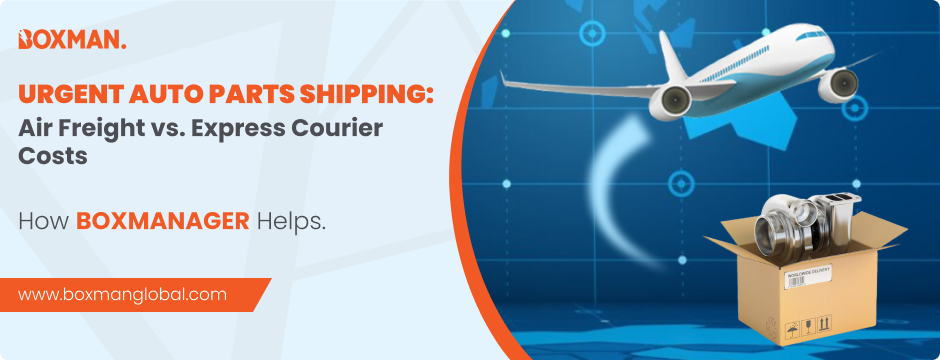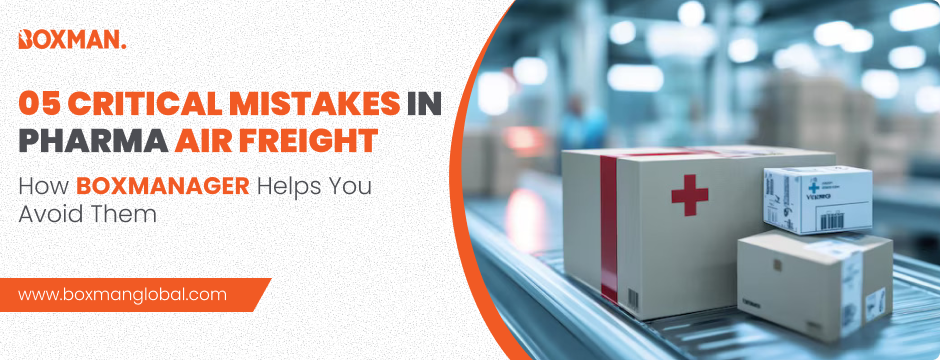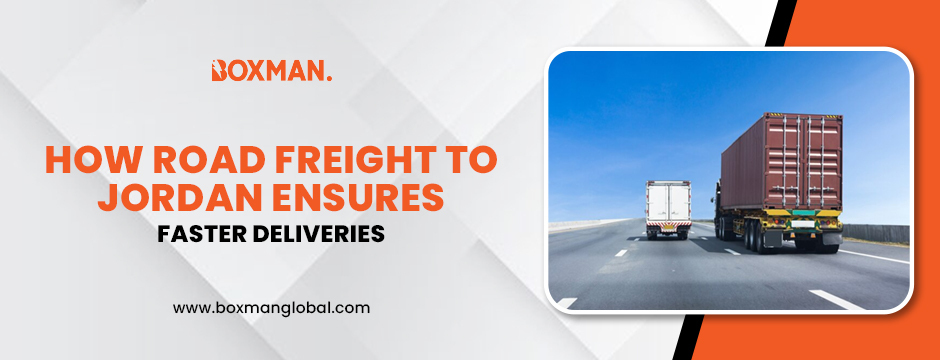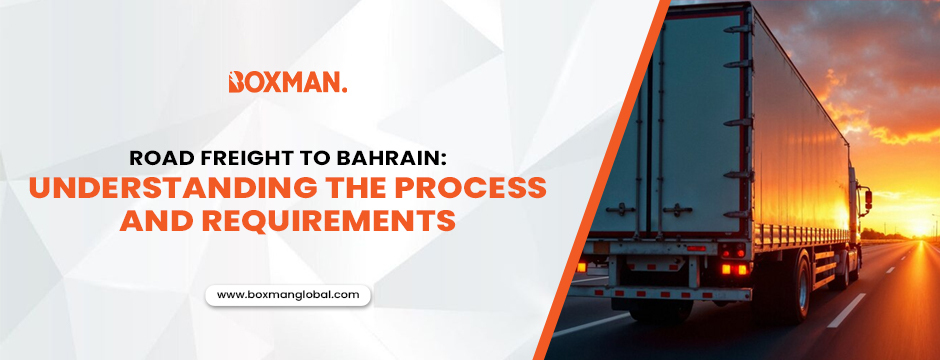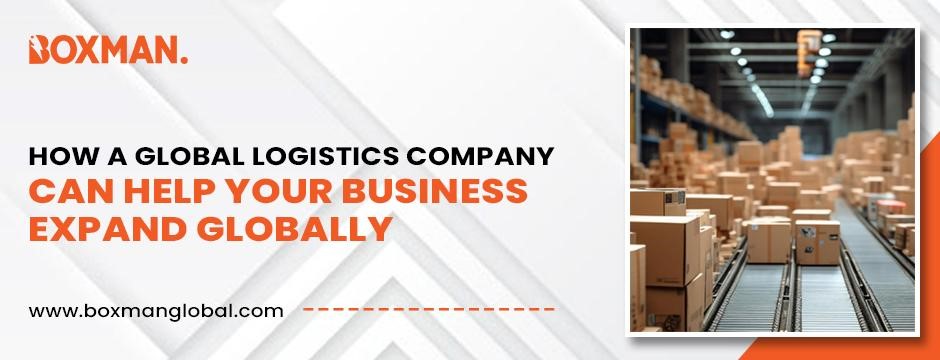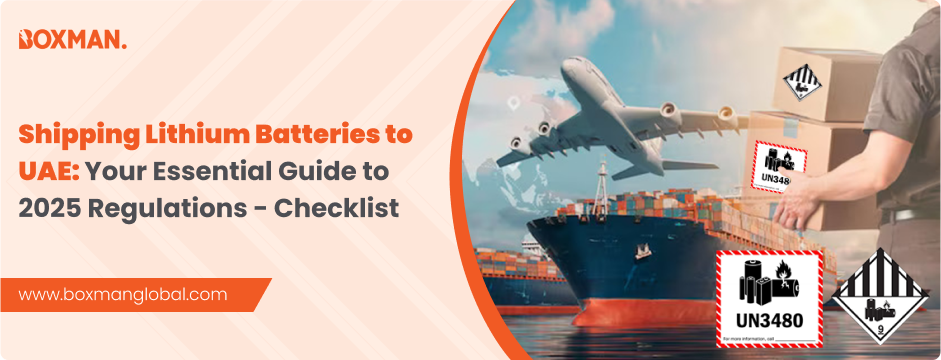
Lithium batteries are now a major part of our daily lives. With the help of them, you feel the power in the modern world, whether you have smartphones, laptops, electric vehicles or medical devices. But behind this facility, you will get a serious challenge. It is complex and tightly regulated when shipping lithium batteries, especially to countries like the United Arab Emirates (UAE).
Why Are Lithium Battery Shipping Regulations Important?
If you think that shipping lithium batteries is just like moving regular cargo, then you are not the right way. These batteries may overheat and catch fire or explode under the wrong conditions. So, if you are making just one small mistake in handling, it can become the reason for a thermal runaway and lead to serious damage during transport.Here’s the reason why following the rules is necessary:
- Safety First: If there is any problem with batteries, it becomes a reason for serious fire and safety risks to aircraft, ships, and people there.
- Legal Compliance: Any non-compliance during shipping will lead to fines, cargo rejection, or even criminal liability.
- International Standards: There are various regulations from IATA, IMDG, and ADR that help us to standardise procedures globally. The UAE supports all these, and you can download all regulations with the help of our website.
2025 UAE Compliance and Legal Outlook
In 2025, you will get various UAE compliance and legal outlooks, especially on labelling, documentation, and classification. Let's know some important things:Authorities in Charge:
- GCAA (General Civil Aviation Authority): You will find here GCAA who take care of air transport. They make sure about the safety and dangerous goods regulations along with the handling, labelling, and documentation of goods transported by air.
- FTA (Federal Transport Authority): There is an FTA that governs the regulations for road and sea transport. They set high standards for the safe movement of goods across the UAE’s highways and ports.
- Free Zone Authorities: Also, you will see here that Free Zone Authorities (like Jebel Ali Free Zone) play a major role in regulating storage, transit, and logistics operations. They check and ensure the specific rules for warehousing, customs clearance, and the handling of dangerous goods.
Key Global Frameworks:
- IATA Dangerous Goods Regulations (DGR): You will find here the IATA DGR that is mandatory for all air shipments. The IATA DGR follows very strict rules for the classification, packaging, labelling, and documentation of dangerous goods like lithium batteries.
- IMDG Code (International Maritime Dangerous Goods Code):For sea freight, the IMDG Code provides a detailed framework for the safe transport of dangerous goods. It governs everything from proper labelling to container specifications and ensures that maritime shipments meet global safety standards.
- ADR: The ADR framework regulates road transport across the Gulf Cooperation Council (GCC) region, along with the UAE.
UAE-Specific Additions:
- Pre-Approvals from Free Zone Authorities: If you are operating businesses in free zones (such as Jebel Ali or Dubai Multi Commodities Centre), you can get pre-approvals for certain activities—including the storage and transit of goods.
- Bilingual Labelling: If levelling a shipment, it requires 2 languages, one local and one international. It meets the needs of the people of UAE and makes things clear.
- Dangerous Goods Storage Permits: Certain UAE ports and free zones require permits for the storage of dangerous goods due to safety concerns.
- Understanding these regulations is the first step. To ensure you don't miss any critical detail, we've prepared a comprehensive checklist. Download our Essential 2025 UAE Lithium Battery Shipping Checklist PDF here!
Classifying Your Lithium Batteries
You can identify the battery type before shipping Lithium Batteries. It will help you in packaging, labelling, and documentation. Let’s know about some different types of Lithium Batteries: -
- Lithium Ion Batteries (Rechargeable): If you have UN 3480, these types of lithium-ion batteries are generally shipped individually with strict packaging, labelling, and documentation process. And, Lithium Ion Batteries - UN 3481 typically face less restrictive rules and are contained in or packed with equipment. It is very important to have proper packaging to prevent short circuits and damage.
- Lithium Metal Batteries (Non-rechargeable):If you are shipping lithium metal batteries (non-rechargeable), you can ship UN 3090-type of batteries individually. And, for shipping UN 3091 batteries, you can pack them with equipment.
At Boxman Global Logistics, we have a special team for navigating these complexities. With the help of our BOXMANAGER tool, you can ensure safe, timely, and cost-effective delivery.
Packaging & Labelling Requirements
Packaging Instructions (e.g., PI 965-970)
- Using strong outer packaging with inner cushioning is advised".
- Must prevent terminals from touching each other due to short circuit risk.
- You can separate batteries from metal objects.
- Must follow the correct section (IA/IB/II) based on battery rating and quantity.
Proper Labeling
- Keep Lithium battery handling label with phone number.
- Must show UN number, shipping name, and orientation arrows.
- The label must be durable and clearly visible.
Marking Requirements
- Must state gross/net weight.
- Include warnings like "CAUTION: Lithium Battery."
- Mention the finder and shipper details.
Air Freight vs. Sea Freight: What Should You Choose?
Air Freight:
- Air freight is faster than sea freight and ideal for small & quick shipments.
- It follows very strict rules under IATA.
- Also, it requires full compliance and advance booking.
Sea Freight:
- Sea freight is good for larger battery shipments like EV batteries.
- It is less expensive than air freight but slower in delivery timing.
- It follows IMDG Code guidelines for segregation and container labeling.
Common Mistakes and How to Avoid Them
- Wrong Classification: You should know your battery type and UN number for easier access.
- Poor Packaging: Always follow PI instructions
- Missing UN 38.3: No shipment will be accepted without it
- Outdated Information: Don’t use 2024 rules in 2025
- Ignoring UAE-specific deviations: These vary by zone and mode
How Boxman Global Logistics Ensures Compliant Lithium Battery Shipments
- 2025 Compliance Expertise: We monitor all UAE and international updates on shipping lithium batteries.
- Trained DG Teams: At Boxman Global Logistics, our staff are certified in battery handling procedures.
- Document Accuracy: We always review all declarations, MSDS, and test reports before your shipping.
- Easy Customs Clearance: We handle all the paperwork and coordinate with UAE officials.
- Global Network: Boxman Global Logistics has a global network and connects all major origins to Dubai.
- BOXMANAGER: Our BOXMANAGER helps you to simplify logistics for dangerous goods and more.
- 24/7 Support: We have 24x7 online support and customer care facilities to manage urgent queries and live shipment status.
